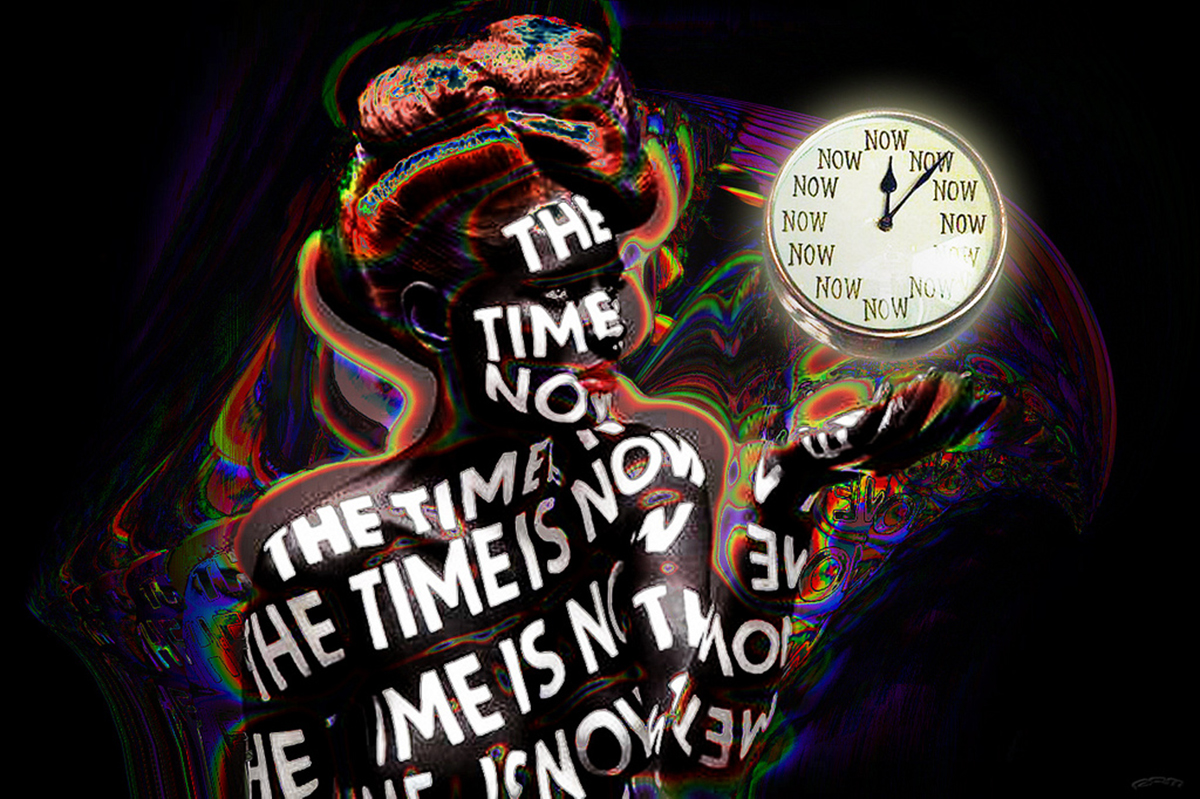Table of Contents
How Good Are We Really At Detecting Lies?
Back to my kids and the Saran Wrap prank. Not long before that happened, I'd read a book a former CIA officer penned about detecting lies more accurately. I thought I was being quite clever in asking questions like "Where did you put the Saran Wrap after covering the toilet?" and "Did you plan that in advance, or did you just take advantage of the no-light situation?" — I wasn't in this to punish them, but to find out how well these techniques worked. Judge for yourself!
The truth, when it comes to lies, is that things are much more complex than we tend to think. In the absence of clear evidence, even law enforcement officers have trouble uncovering the undisputed truth, and tools like lie detectors fall short. Sure, it's possible to detect stress in a person. Indeed, one the best tricks in the book for people who want to deceive polygraph tests is to be just as stressed when truthfully answering control questions as they are while attempting to evade justice. Is it possible to accurately detect lies, though? With training, law enforcement officers hone these skills, but detecting lies is still more an art than a science.

As parents, we're in a different boat. We have close relationships with our kids and want to think the best of them, giving them the benefit of the doubt more often than we perhaps should. We're also aware of their previous pattern of behavior, and it's only natural that we base our judgment on that. Hence, we might unfairly blame rowdy kids for the stuff their quieter siblings get up to.
Should You Be Worried You're Raising A Future Delinquent?
We've all been taught that telling porkie pies is bad, but we all do it — according to research, as much as three times in a 10 minute conversation with a stranger! Most children learn to lie at around age two, coinciding with the theory of mind that allows them to realize other people might not have the knowledge they do, and they get better at telling lies over time. It's a skill most parents unwittingly come to appreciate in their kids as they, for instance, assure you that you look great or tell you that they love the birthday gift you got them. Lying doesn't, in itself, constitute a developmentally inappropriate behavior.
READ Raising Sons: Are We Robbing Our Boys Of The Childhood That Could Make Them Thrive?
Though white lies can act as a social gel, most of the time, we want our kids to tell the truth, and to trust us enough to be able to do so. Since science has shown us that children are surprisingly great liars, or we're shockingly bad lie detectors, how can we encourage truth telling? The secret doesn't lie in a professional method used by law enforcement agencies, but in a foundation of trust. Kids have to feel safe enough to tell the truth when it matters.
Here are some tips for you:
- Research suggests that kids who are threatened with punishment for their lying as well as the initial transgression you are inquiring about aren't deterred. You simply can't threaten your kids into telling the truth. All you're basically telling them is that they'll get into trouble for two things when they tell the truth after previously lying.
- If, however, you encourage your child by saying that telling the truth is the right thing to do, they won't get into trouble for doing it, and you'll be happy if they do, lying is reduced by about 40 percent.
- Try to create a situation in which lying isn't necessary, by having a open relationship based on positive dialogue rather than harsh discipline.
Becoming a professional lie detector might not be necessary, after all!
- Photo courtesy of alancleaver: www.flickr.com/photos/alancleaver/5922684641/
- Photo courtesy of new1illumintai: www.flickr.com/photos/67194724@N03/12968618575/
- Photo courtesy of new1illumintai: www.flickr.com/photos/67194724@N03/12968618575/
- psmag.com/parents-cant-tell-when-their-kids-are-lying-81c5b62a6735#.rjzbt8lqs
- www.theguardian.com/commentisfree/2014/dec/15/children-lie-age-two-tell-truth
- www.reference.com/world-view/many-times-day-average-person-lie-47b13ac29354113c
- www.psychologytoday.com/blog/spycatcher/201203/the-truth-about-lie-detection


Your thoughts on this